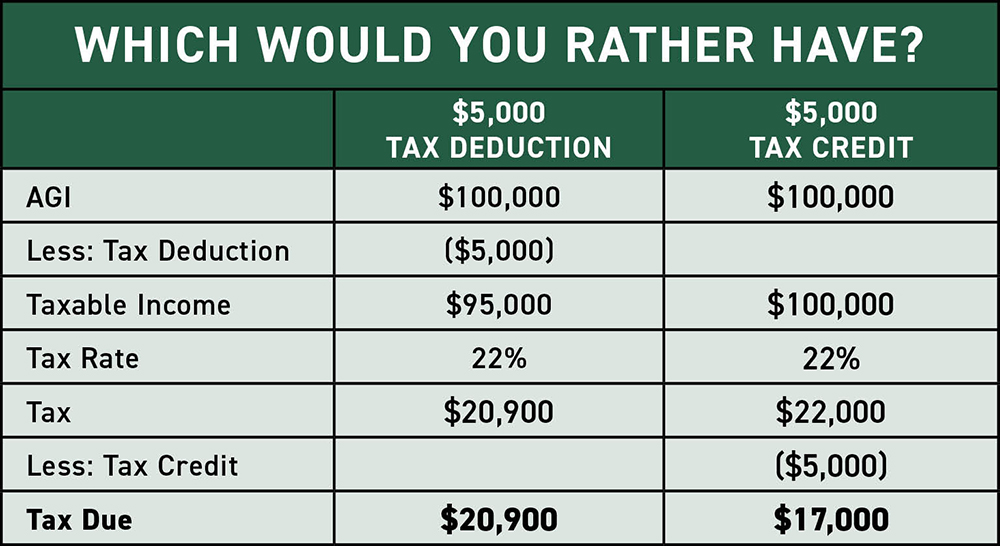Parents paying for school-age children’s day camp this summer may be eligible for the federal child and dependent care tax credit (CDCC). Note that it’s available only for the expense of day camp, not overnight camp. But there is more to it.
WHO QUALIFIES?
The CDCC generally helps parents or caregivers cover the cost of qualified care expenses for a child under age 13 or a spouse or other dependent (a parent, for example) who is mentally or physically unable to care for themselves and will have lived with you more than half of 2024.
HOW MUCH?
You may deduct only a percentage (20% to 35%) of qualifying expenses. For anyone with $43,001 or more adjusted gross income in 2024, that percentage is 20%. The credit is further capped at $3,000 a year for one dependent or $6,000 for two or more.


